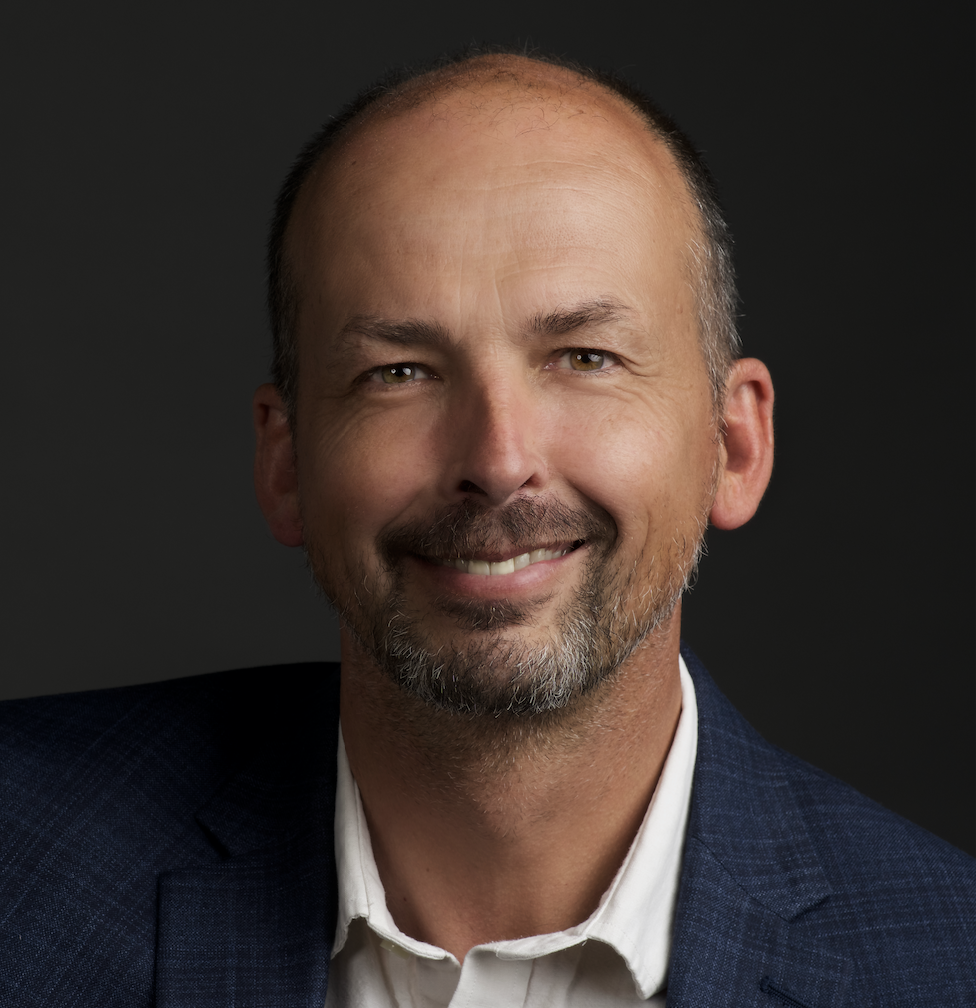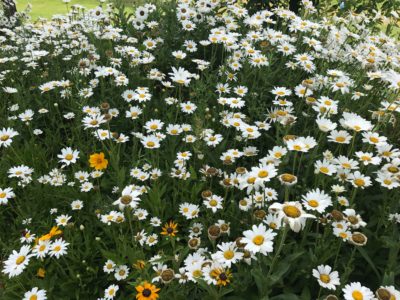Just because.
And, well, because this is a clear statement that I so much relate to.
And, well, because, in a conversation with a friend yesterday to plan a series of workshops, we asked each other what was at the heart of it — this was after listing some good skills and expertise that we have individually and together. My answer, as it has been for some time, was because I’m drawn to the energy, simplicity, and practice of being a better human being. Individually and collectively.
From Mark Nepo’s Exquisite Risk,
“I want to open a conversation about the pain and joy of being awake. I want to inquire into the personal practice of being authentic, of being fully here, of being human.”
Enough said.

